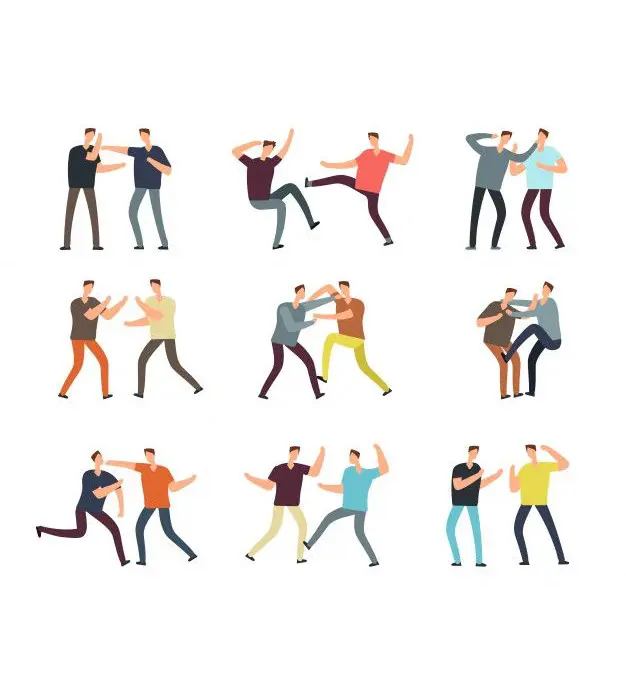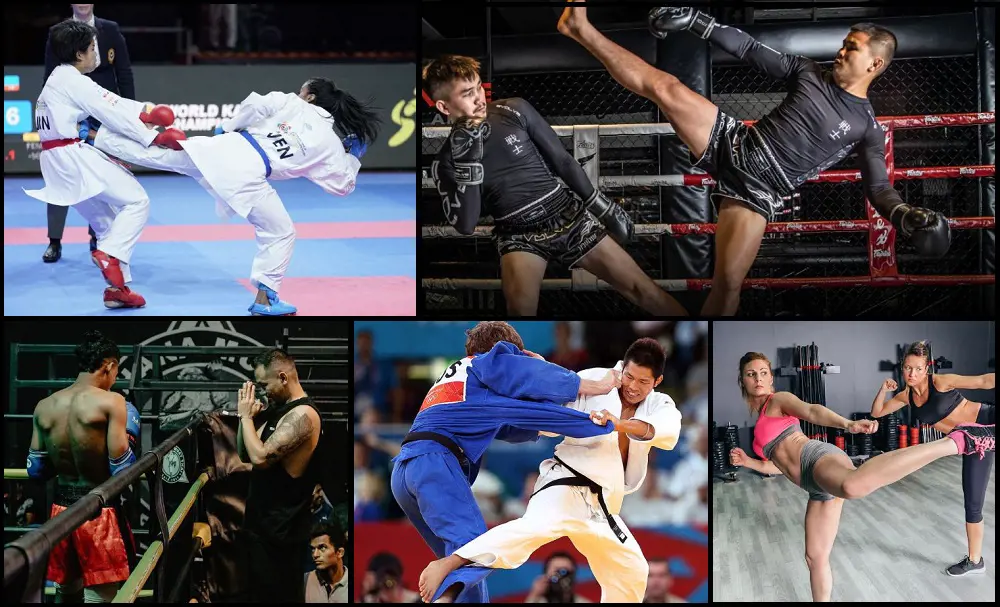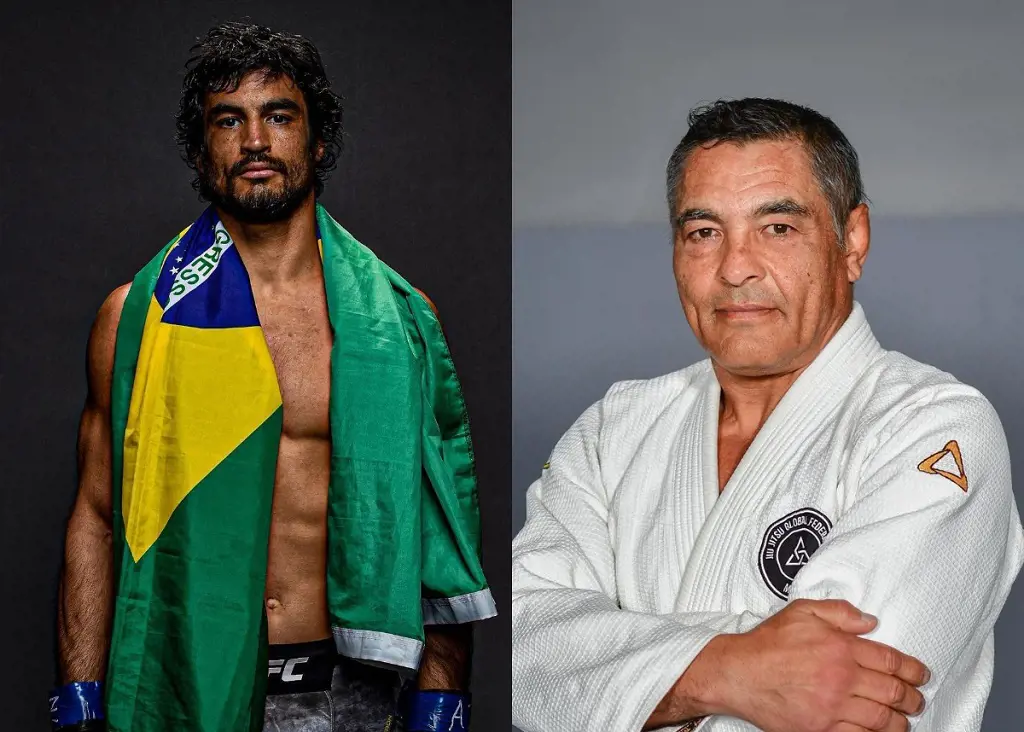Most effective Martial Art in a real fight is MMA. Brazilian Jiu-Jitsu, Krav Maga, Muay Thai, and Kickboxing can also be used in such situations.
Martial arts not only develop the physical, mental, and spiritual frame but have been proven to be beneficial in training a country's military. For others, the art of combat is purely entertaining, while others respect it as their country's heritage.
With its multi-purpose and many beneficial factors, martial arts are foremost used for self-defense. However, there are more than a few choices with distinctive styles originating from around the world.
From Africa's Engolo, Dambe, and Istunka, among others, to the well-known Taekwondo, Karate, and Shaolin Kung Fu from Asia, the number of martial arts comes in hundred.
The best martial arts for street fighting are briefly explained below.
MMA
Mixed Martial Arts (MMA) is widely known as the best fighting style for street fighting. Basic training and understanding of MMA are really handy.
While the audience has widely seen the combat sport inside the UFC octagon, it has been the most adapted martial art into real-life fighting.
Also known as hybrid martial arts, the current fighting form has incorporated techniques and theories from several particular martial arts.
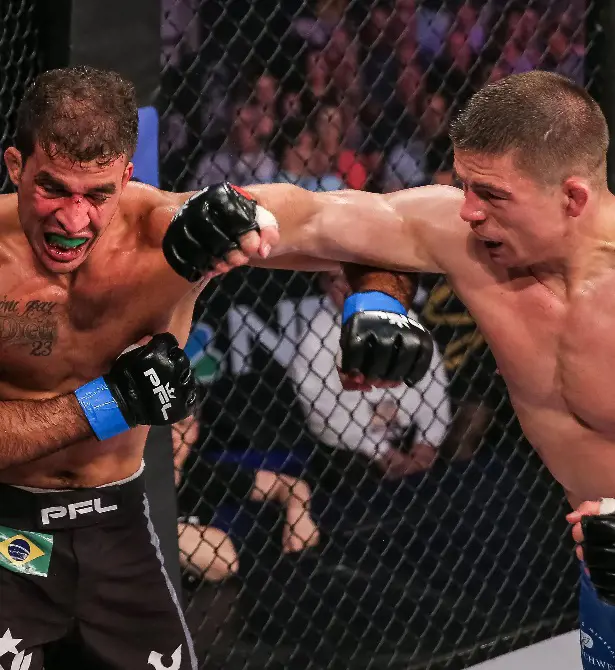
While it may be easy to learn the basics due to its straightforward inherited mixed fighting techniques, it is quite challenging to stay in business. After all, constant physical training to learn the art form take a toll on the body.
A mixed martial artist is surely a strong opponent in a fight since they have been trained to fight while standing up, clinch, strike, and wrestle, even on the ground, basically all of the important fighting situations.
Thus, the MMA industry has seen a rise out of all fighting industries due to UFC's popularity and mainly due to its versatile art form for a person to learn and strike.
Krav Maga
Israeli martial art Krav Maga is another best street fighting martial arts since it was developed to focus on real-life situations as a fighter.
The late Imi Lichtenfeld developed Krav Maga to extreme efficiency for the Israel Defense Forces (IDF) due to his street-fighting experiences.
Krav Maga means contact combat in Israel, its native homeland. As one of the hybrid martial arts, this style grasped inspiration from European boxing, wrestling, and street fighting.
Meanwhile, it uses a mix of aikido, judo, karate, boxing, and wrestling techniques. Hence, one will surely succumb when he is pitted against a Krav Maga fighter.
There are currently two forms of Krav Maga; one for military use and another for civilian use. Its grading system is based on the Judo ranking system, using different colored belts for progress.
Brazilian Jiu-Jitsu
Brazilian Jiu-Jitsu (BJJ) is probably one of the best martial arts for street fights. It is one of the essential forms of fighting techniques in the MMA.
BJJ descended from Jiu-Jitsu, a family of Japanese martial arts. The Gracie family from Brazil learned traditional Jujutsu from the Japanese judoka Mitsuyo Maeda in 1917. They later formed their own self-defense form and coined Gracie Jiu-Jitsu, which later became widely known as BJJ.
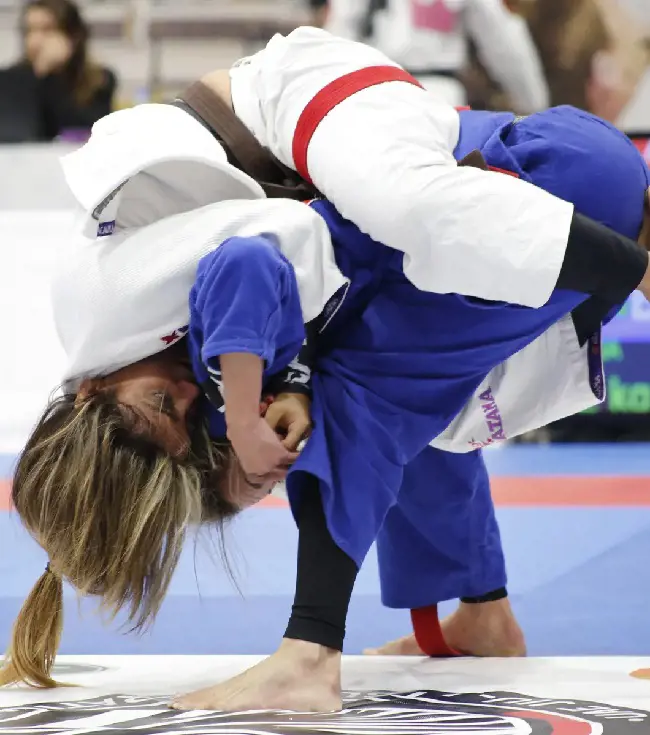
Brazilian Jiu-Jitsu mainly focuses on grappling, ground fighting, and submission holds to self-defense. With the knowledge of BJJ, a person of smaller stature can pin down an opponent of bigger weight and size.
A BJJ fighter can put their opponent in a submission through various kinds of joint locks or chokeholds. It is undoubtedly beneficial for a person of any weight when out on the street.
BJJ has grabbed millions of practitioners with the Meta founder Mark Zuckerberg being the medal-winner in the art, The Guardian reported.
Muay Thai and Kickboxing
Muay Thai and kickboxing may sound and look similar, but there are differences. One of the many similarities is their helpfulness when one gets into trouble on the street.
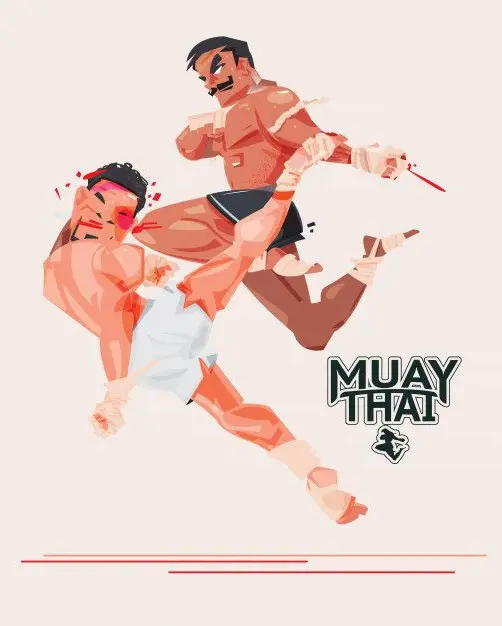
Muay Thai is a Thai martial art that uses an 8-point striking system. It involves kicks and punches from elbows, knees, and the upper body.
A practitioner of Muay Thai is called a Nak Muay. The number of Nak Muays has grown significantly throughout the years, and so has the reach of the professional Muay Thai leagues. Its quick and harsh blows surely help to topple down an attacking person in a real-life fight.
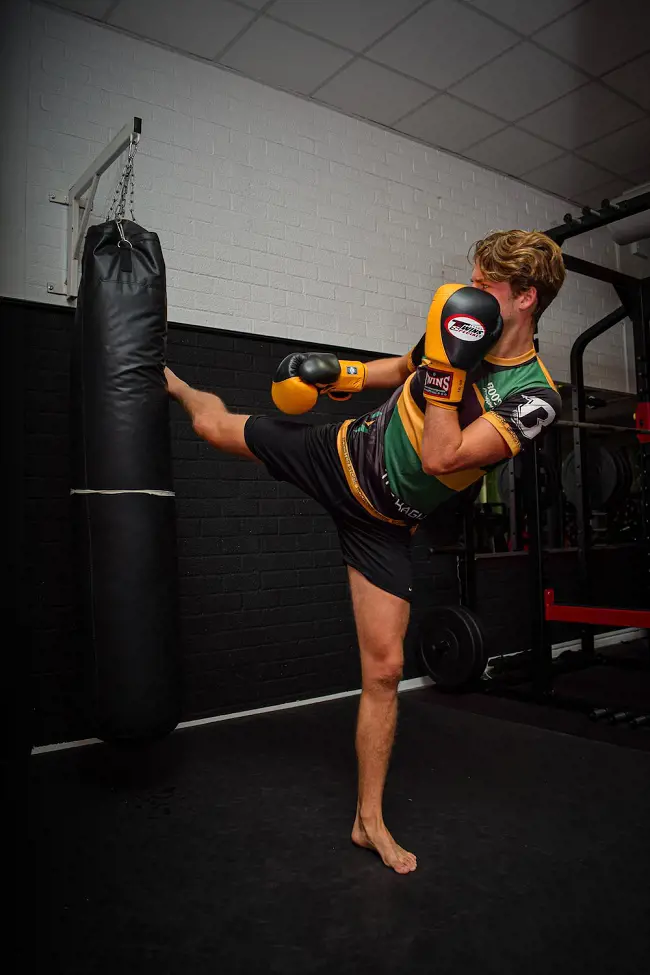
Kickboxing is a type of boxing combat sport where kicking involves along with boxing. Muay Thai is one of the six kickboxing styles alongside Karate, Japanese kickboxing, Lethwei, Sanda, and Savate.
Professional kickboxers fight in a boxing ring, wearing normal boxing gloves and other equipment. It was initially started as a form of self-defense and to maintain fitness. The sport reached the international level of fame and respect due to its growing popularity and uses.
Wrestling
Wrestling is one of the oldest forms of combat sports surviving today. One has to grapple their opponent and pin them down at a certain time.
Meanwhile, the time rule is not applied to sports entertainment. Wrestling mainly uses grappling techniques such as clinch fighting, throws, takedowns, joint locks, pins, and other holds.
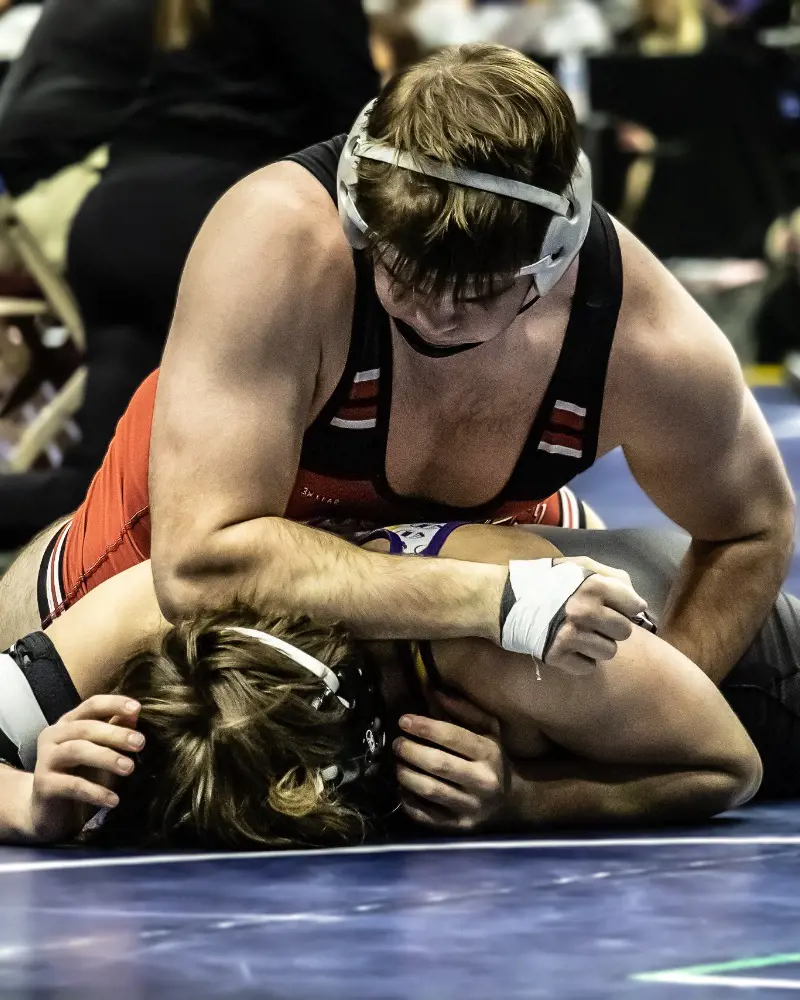
However, wrestling is an umbrella term as it gave birth to many other art forms. Wrestling today is widely known for its entertainment due to the unmatched vogue of WWE and AEW worldwide.
However, the basic techniques of the art form can be used in street fighting to bring down the opponent.
Boxing
Boxing is another best fighting style for street fights. Boxing is a widely practiced combat sport for hundreds of years around the world.
In professional boxing, two boxers use protective gloves, hand wraps, and mouthguards to throw punches at each other to knock out each other before the specified time.
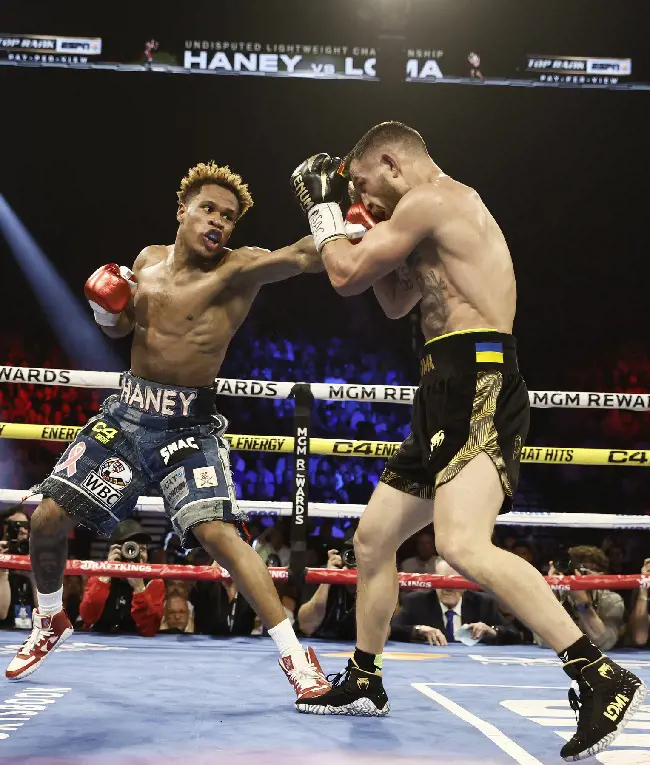
Boxers are differentiated within 17 weight classes and different boxing clauses, with the No Rehydration clause taking over the world recently.
Regarding street fighting, boxing is effective since the shots at the opponent are precise and on the point. The punches are harder and more accurate due to the intensive training. Thus, more chances for your opponent to back down with simple punches.
Judo
Judo is a part of Jiu-Jitsu and has helped the evolution of other modern martial arts, including Brazilian jiu-jitsu, Krav Maga, sambo, and ARB.
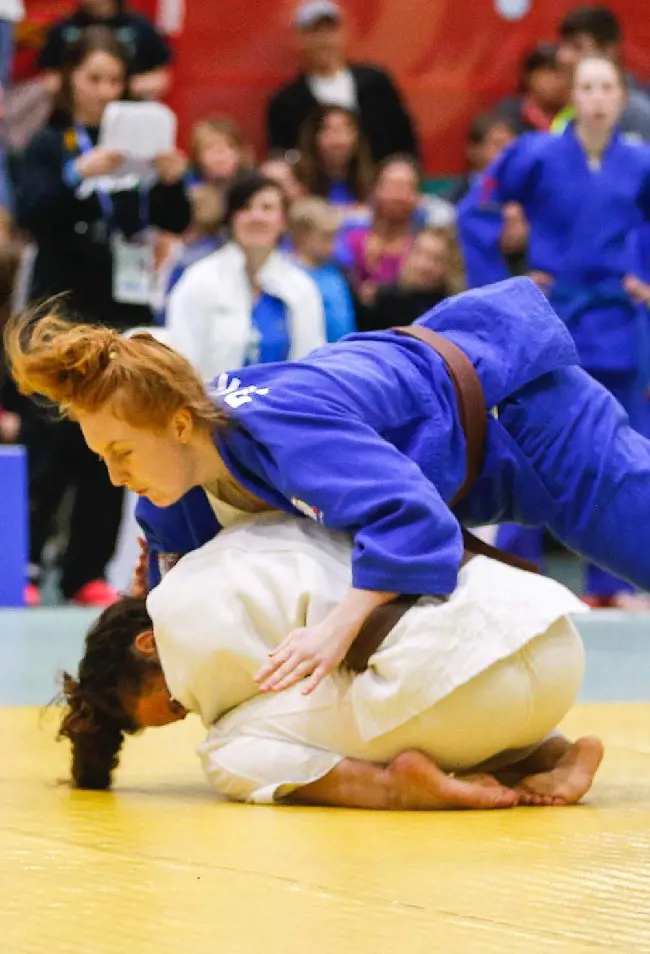
The gentle way of Judo is used to spar with an opponent while being unarmed. Hence, professional judo emphasizes throwing an opponent and immobilizing them with a pin.
One can also force the opponent to submit with a joint lock or a choke. Judo makes good use of energy without involving a weapon, thus, making an individual realize one's natural power.
Karate
Karate originated under the influence of Fujian White Crane, a form of Chinese martial arts. It was initially developed in the Ryukyu Kingdom.
The essence of karate is to strike an enemy with hand moves, especially through open-hand techniques such as knife-hands, spear-hands, and palm-heel strikes.
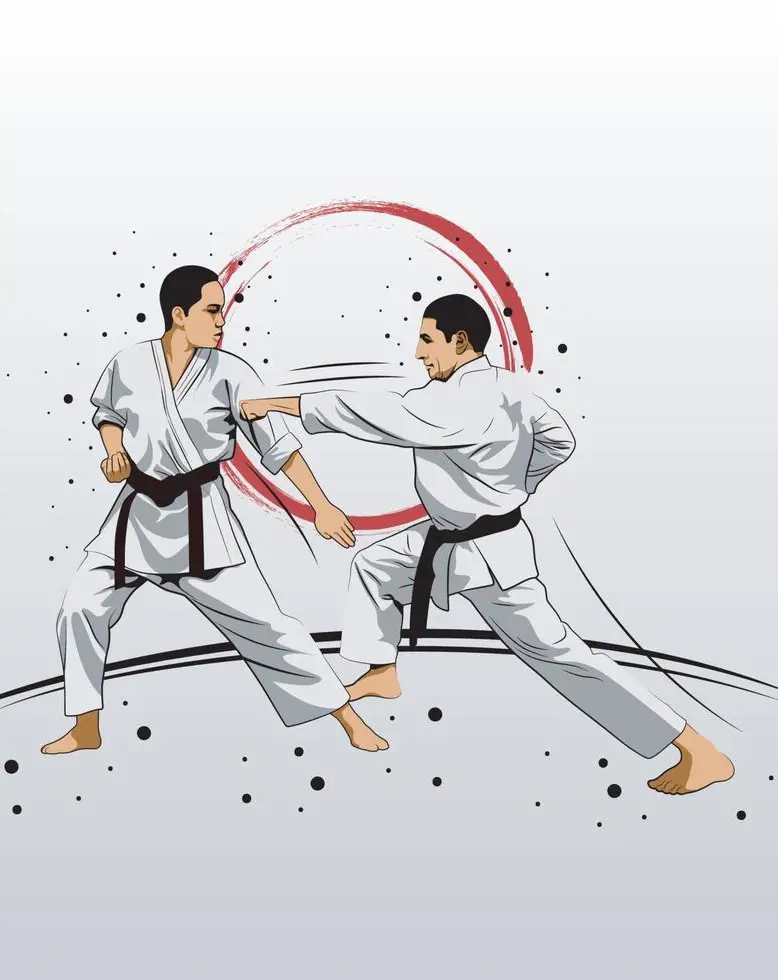
Meanwhile, forms of grappling, throws, joint locks, restraints, and vital-point strikes are also found in modern karate. Karate is widely famous among martial art fanatics due to its presence in movies.
Hence, karate can be adapted into both professional and street fighting. Karate also uses a colored belt ranking system, just like Judo.
Combat Sambo
Sambo is one of the many descendant martial arts of jiu-jitsu. Sambo originated in the Russian SFSR in the Soviet Union during the 1920s.
Sambo in Russian means "self-defense without weapons," to fight during a situation when weapons are not near. It focuses on hybrid martial arts.
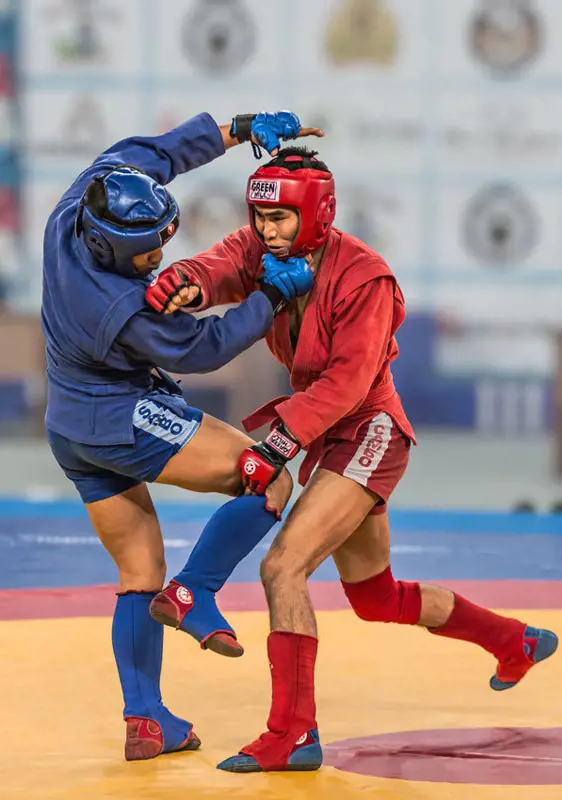
Combat Sambo was initially developed for the military to make them understand mixed martial arts, including forms of striking and grappling.
A bit different from Brazilian jiu-jitsu, Combat Sambo is IOC recognized and still practiced in the Russian army, police, and social service.
Taekwondo
Taekwondo is native to Korea and means the art of punching and kicking. It is influenced by karate alongside Chinese and indigenous martial arts.
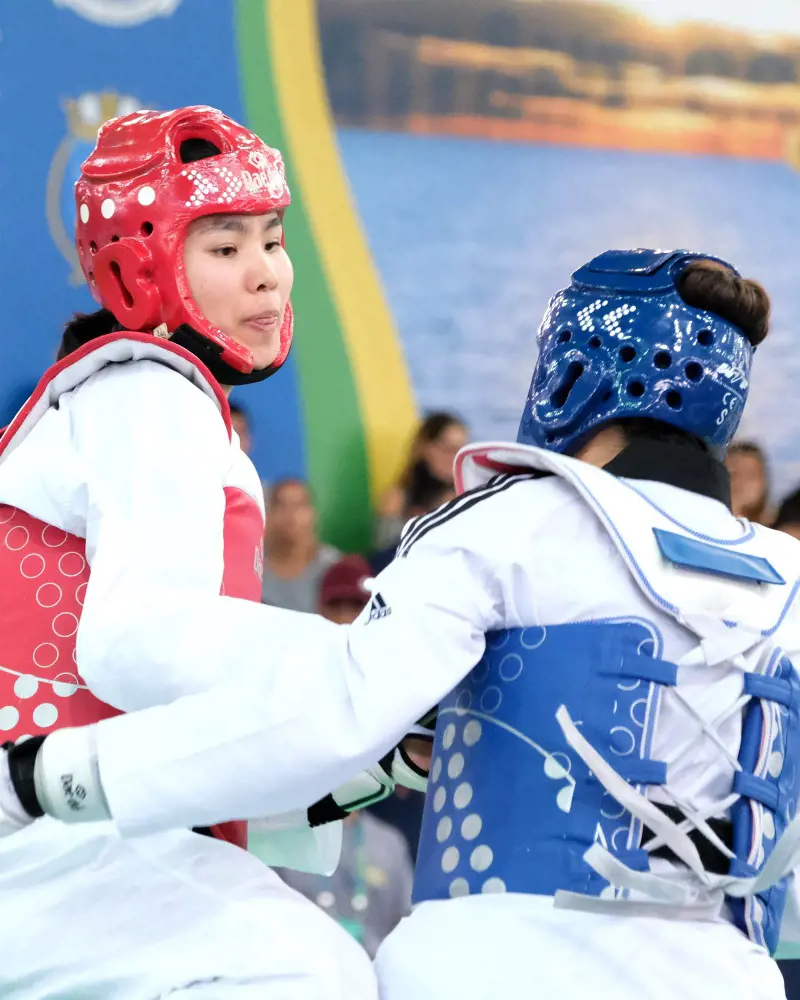
Along with the striking techniques, the art of Taekwondo focuses on head-height kicks, spinning jump kicks, and fast-kicking. It generally involves using hands and legs but occasional use of weapons.
The practitioners wear a uniform known as a Dobok that also involves a helmet. While they may not be present when fighting in real life, the technique and fighting knowledge become helpful.


